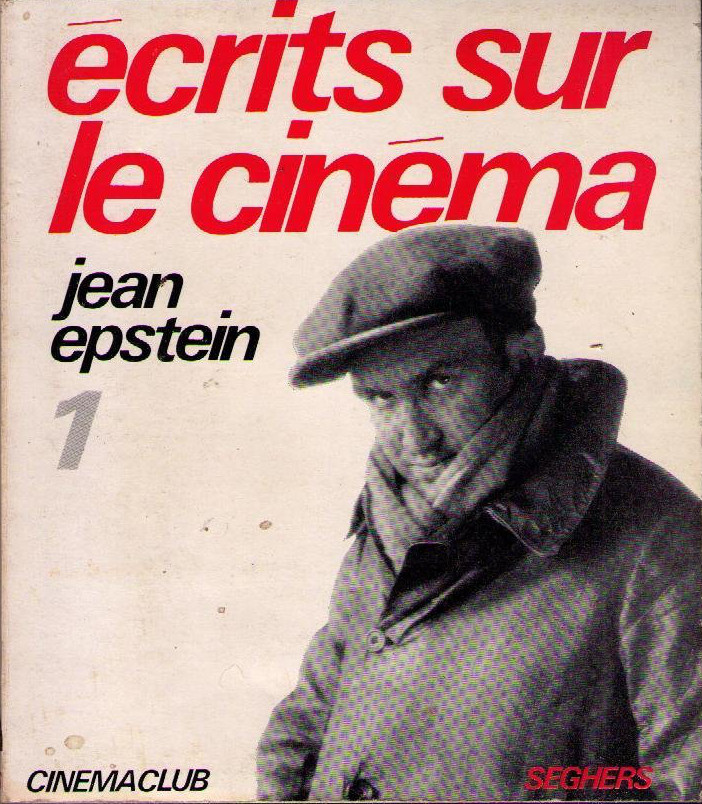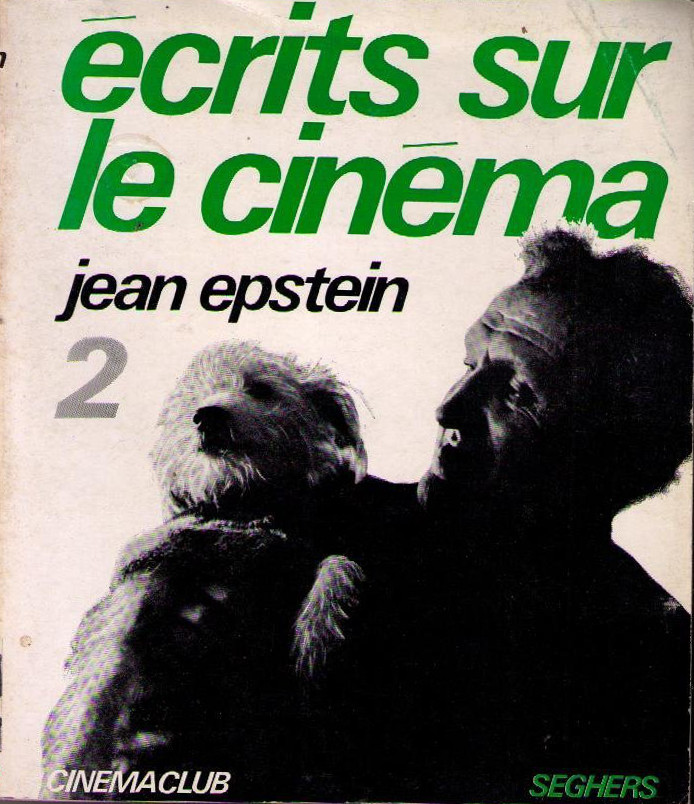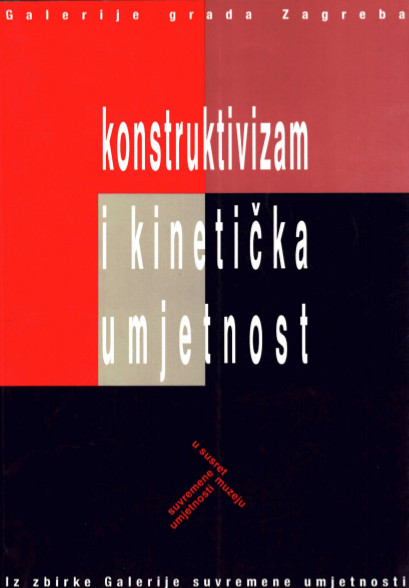Jean Epstein: Écrits sur le cinéma, 1921-1953, tome 1-2 (1974–75) [French]
Filed under book | Tags: · 1920s, 1930s, 1940s, 1950s, avant-garde, cinema, film, film criticism, film history, film theory


Foreword by Henri Langlois
Introduction by Pierre Leprohon
Publisher Seghers, Paris, 1974–75
436 and 352 pages
via Reyovak
Tome 1: 1921-1947 (Foreword and Introduction are missing, 125 MB)
Tome 2: 1946-1953 (95 MB)
Constructivism and Kinetic Art: Exat 51, New Tendencies, catalogue (1995) [English/Croatian]
Filed under catalogue | Tags: · 1950s, 1960s, 1970s, art, computing, constructivism, cybernetics, graphic design, information theory, kinetic art

Catalogue for an exhibition of the works of Exat 51 and New Tendencies from the collection of Gallery of Contemporary Art, Zagreb, Croatia.
Curated and edited by Marijan Susovski
With texts by Leonida Kovac, Marijan Susovski
Publisher City Gallery, Zagreb, June 1995
ISBN 9536043033
154 pages
via Museum of Contemporary Art, Zagreb
Peter J Schmelz: Such Freedom, If Only Musical: Unofficial Soviet Music During the Thaw (2009)
Filed under book | Tags: · 1950s, 1960s, 1990s, classical music, cold war, composing, music, music history, music theory, soviet union

Following Stalin’s death in 1953, during the period now known as the Thaw, Nikita Khrushchev opened up greater freedoms in cultural and intellectual life. A broad group of intellectuals and artists in Soviet Russia were able to take advantage of this, and in no realm of the arts was this perhaps more true than in music. Students at Soviet conservatories were at last able to use various channels–many of questionable legality–to acquire and hear music that had previously been forbidden, and visiting performers and composers brought young Soviets new sounds and new compositions. In the 1960s, composers such as Andrey Volkonsky, Edison Denisov, Alfred Schnittke, Arvo Pärt, Sofia Gubaidulina, and Valentin Silvestrov experimented with a wide variety of then new and unfamiliar techniques ranging from serialism to aleatory devices, and audiences eager to escape the music of predictable sameness typical to socialist realism were attracted to performances of their new and unfamiliar creations.
This “unofficial” music by young Soviet composers inhabited the gray space between legal and illegal. Such Freedom, If Only Musical traces the changing compositional styles and politically charged reception of this music, and brings to life the paradoxical freedoms and sense of resistance or opposition that it suggested to Soviet listeners. Author Peter J. Schmelz draws upon interviews conducted with many of the most important composers and performers of the musical Thaw, and supplements this first-hand testimony with careful archival research and detailed musical analyses. The first book to explore this period in detail, Such Freedom, If Only Musical will appeal to musicologists and theorists interested in post-war arts movements, the Cold War, and Soviet music, as well as historians of Russian culture and society.
Publisher Oxford University Press, 2009
ISBN 0195341937, 9780195341935
408 pages
review (Pauline Fairclough, Notes)
review (Kiril Tomoff, The American Historical Review)
review (Solomon Volkov, Radio Svoboda, in Russian)

